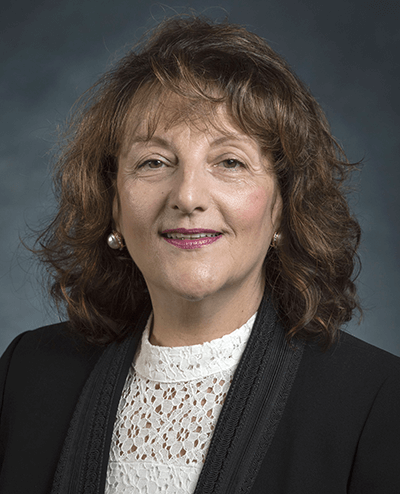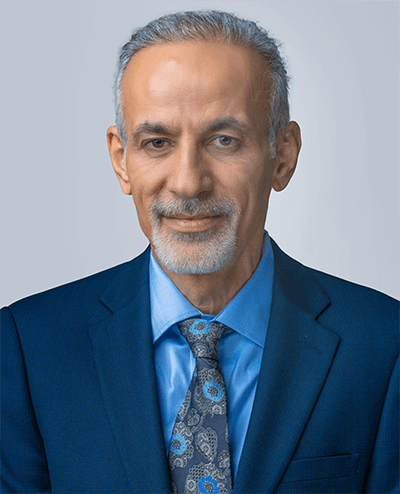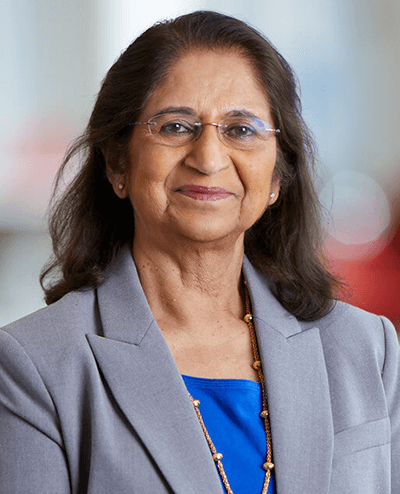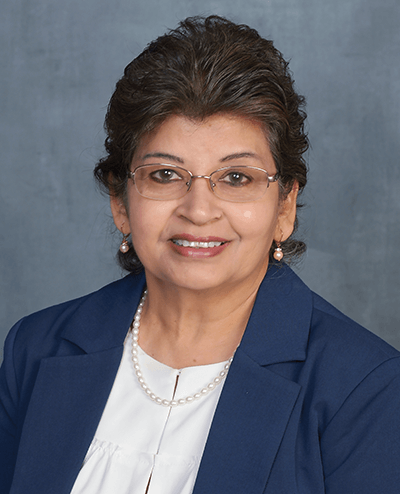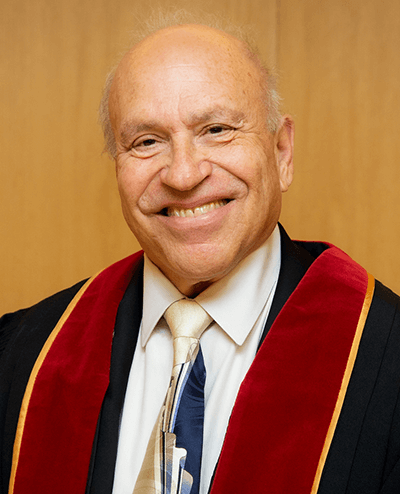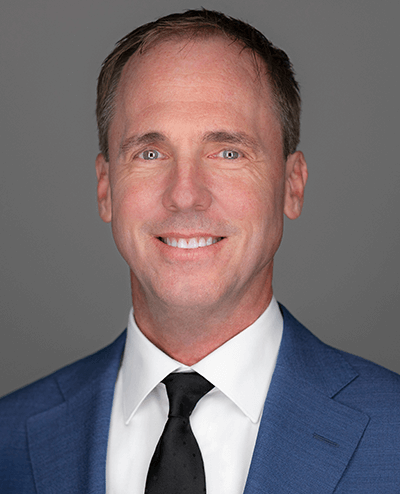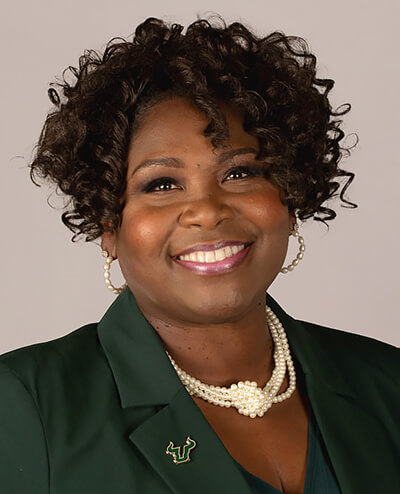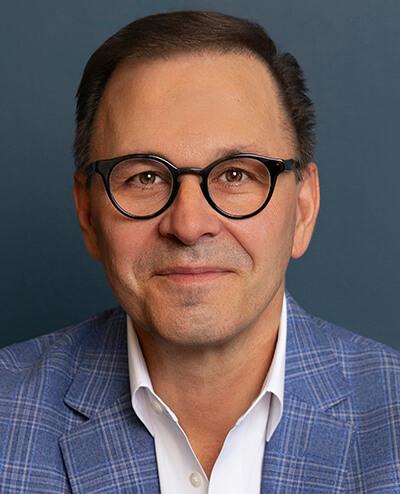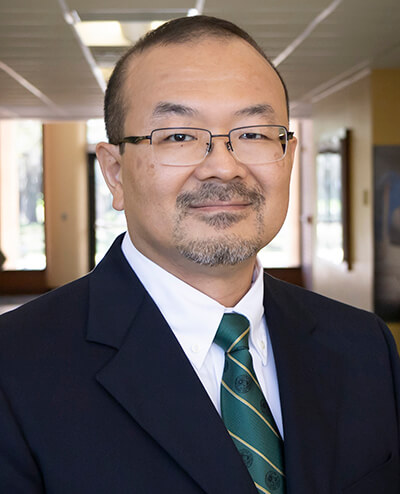Greg Mesaros, MBA
Chief Executive Officer and Chair
Triadex
45 U.S. Patents
Greg Mesaros is the Chief Executive Officer and Chair of Triadex, an award-winning, data-driven marketing firm he founded over 20 years ago that leverages proprietary data analytics and AI-ML to unlock key growth drivers for businesses. He owns additional companies in the marketing and data sectors, with several listed on Inc. Magazine’s 500/5000 Fastest Growing Private Companies List.
Mr. Mesaros founded his first technology company in 1999 and just one year later was successful in commercializing the first seller-initiated social buying platform. In that same year, he filed his initial patent application that has yielded 45 patents across 10 patent families in such diverse categories as e-commerce, dynamic pricing, mobile devices, predictive analytics, social networks, and location-based marketing. His patents have been cited in numerous patent applications by such companies as Amazon, Google, Microsoft, American Express, eBay, IBM, among others, and he has licensed his inventions to companies across diverse industries.
Mr. Mesaros has served on the board of several non-profits and was a member of the External Advisory Corporate Board for the University of South Florida’s Office of Corporate Partnerships. In 2007, he and his wife, Sonia, founded their family charitable trust supporting local and international charities. His company started the industry’s first Environmental Offset Program that provides funding for the National Forestry Foundation and the Gold Standard Foundation. The program champions equitable, science-based policies that remove carbon directly from the environment through moonshot technologies. His company awards annual scholarships for first generation college students working towards degrees in STEM, entrepreneurship, and business. As a thought leader, Mr. Mesaros frequently shares his insights as a guest speaker at universities. His interactions with students aim to inspire a future generation of inventors and entrepreneurs.
Mr. Mesaros has been recognized for his significant contributions to advancing new technology, including awards ranging from the TechKnow and Manny Awards, to being selected by the State of Ohio, where his company was originally founded, for the E-Commerce Pioneer Award. Mr. Mesaros was named a Top 50 Tampa Business Leader and Purchasing Magazine named him one of the top 40 e-procurement visionaries in the country. Mr. Mesaros earned a B.S. in Business Administration from Bowling Green State University. He went on to graduate Beta Gamma Sigma with an MBA from Loyola Marymount University.
A MENTION ABOUT INVENTION – 3 Questions for the Inventor
Q1. Of your patents/inventions, which one is your favorite and why?
While I value all my patents, one stands out for its uniqueness and how it almost didn’t get filed. Patent number 8573492, titled “Presenting Offers to a Mobile Device Associated with Information Displayed on a Television,” was part of a larger theme dating back to patents originally filed in 2003, but it was completed as part of a continuation of mobile device patents. When I first conceived the idea of someone holding a mobile device and interacting with images on a television, my initial thought was, “Who would actually do that?” That moment could have ended the invention right there—my inner critic nearly won. However, I took the time to explore potential applications and address each critique. I saw how the concept could be applied, and even though I wasn’t convinced at the time that it would ever be commercialized, I decided to file the patent.
That’s the thing about filing patents: you often don’t know the commercial value upfront. Only time will reveal whether it becomes part of the commercial ecosystem. Fast forward several years, and a well-known, publicly traded company reached out through their representative, seeking to purchase that very patent for an application they were developing. Instead, we agreed to license the technology.
Q2. What inspired you to become an inventor/innovator?
I have always been curious about the world around me. As a child, I loved reading, especially autobiographies. I was inspired by individuals who not only saw the world as it was but also sought to change it for the better. In college, I decided to focus on the intersection of technology, marketing, and finance. I took as many graduate-level courses as possible and consumed technical and business journals. This preparation gave me a unique framework across all three disciplines, which I was able to apply when the internet came into existence.
Invention starts with the belief that you have a better way. The next step is finding sustained enthusiasm to weather the tough times and see your invention through to completion. It takes an immense amount of effort to create something new, and it is equally challenging to know when to end that invention. There is a certain amount of listening to your inner voice that comes into play, and you must assess which concept has more room to run. Trust your gut. With your time being finite, it’s essential to pick your area of focus, apply all your effort and ingenuity, and remain persistent in producing the absolute best solution. As Thomas Edison famously said, it’s far more about hard work than the initial spark of inspiration. In short, persistence and the ability to remain open to the possibilities are key to inventing.
Q3. What is your process when developing new inventions/innovations?
As a sole inventor, you don’t have the luxury of bouncing ideas off a team. While there’s value in collaboration and feedback for revisions, I find it best to work through the initial concept on my own. You must improvise to ensure your ideas are realistic and marketable. One method I use is to “go with the flow.” When I’m excited about an invention, I harness that optimism to explore all the possibilities of how it could be used. I often sketch my ideas on whiteboards, sometimes for days or even weeks. Then I return to them to gauge my level of enthusiasm. If I’m less optimistic about the invention’s viability, rather than dismiss the concept outright, I channel that energy into listing every reason it might not work. I document every shortcoming and identify what is missing for it to succeed commercially. Later, when I’m in a more positive state of mind, I tackle each negative point, finding improvements or workarounds for the invention’s limitations. This process of iteration—alternating between enthusiasm and skepticism—can be time-consuming, but the final product is worth it. By the time I file the first patent, the invention not only solves a real problem but also addresses many anticipated limitations.

